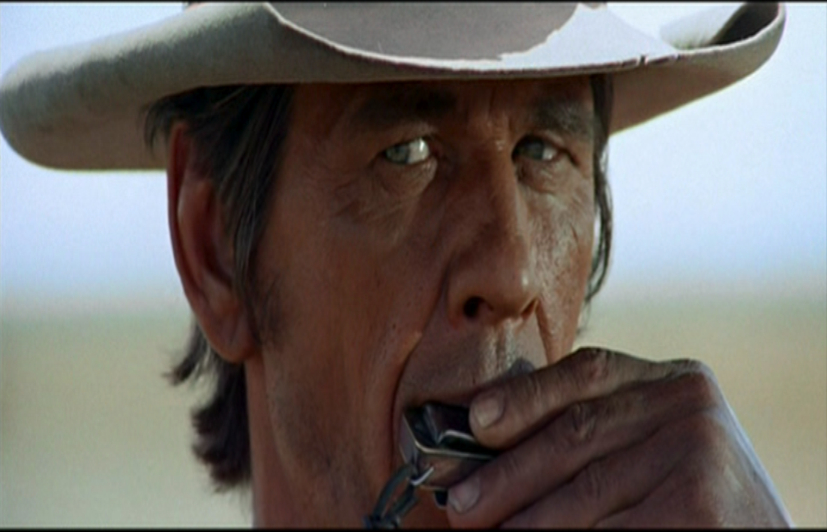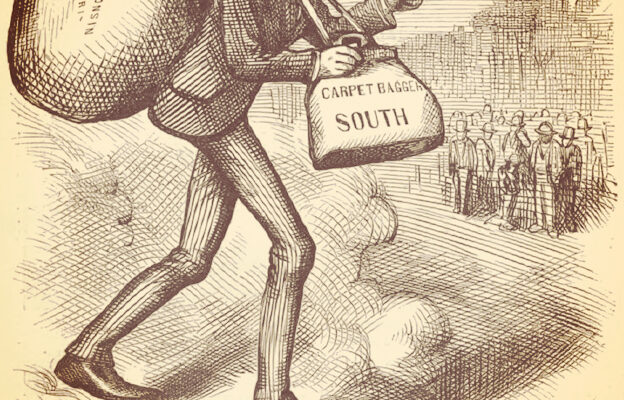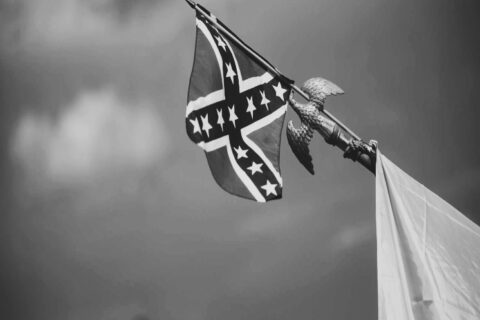Civilization is dependent upon class and cannot exist without it. I mean this quite literally; as to have a functioning civilization, a society must have classes and distinctions between them. This is how anthropologists have traditionally defined civilization, as emerging when classes materialize. And to this end, it must be understood that civilizations need different classes, and the distinctions between them must not only thrive, but also survive. I am decidedly not a leftist, and as such, I reject the notion that some classes, most notably the “oppressed” lower classes, are somehow more pure and holy by virtue of their oppression, as well as subscribe to the idea that if they were only put in charge, the world would become a utopia. Such thought is ahistorical and goes against both observation and reason for its maddening simplicity. Rejecting Marxist class war, I favor the nationalist understanding of class cooperation, by which each class works together in a system of checks and balances for the good of the nation; additionally, each class is willing to give up a little for the benefit of a stronger civilization.
One of the worst misfortunes that can befall a civilization is to become completely dominated by one class. As I stated before, I reject the leftist notion of a “pure” lower class. The way I see it, each class, just like each person, has their own virtues and vices. Thus, the efficient strategy is to create a system of controls where each class’s virtues can be maximized, and their respective vices can be minimized. But when one class completely controls a civilization, that system of checks and balances breaks down, and the vices of the dominate class destroys the civilization. An example of this can be observed in China, where the civilization was taken over by its bureaucracy. The Chinese bureaucracy had many virtues. They were loyal, deeply patriotic, and effective administrators. The fact that a nation as large as China has been able to exist as a coherent project can be placed at the feet of the bureaucracy. But they also had vices – they were unimaginative, tended to avoid cultivating a “fighting spirit,” and could not adapt to technological change. As a great example: the Chinese invented gunpower, but then proceeded to make fireworks rather than weapons. However, eventually, a different bureaucratic-dominated society, one that embraced imagination, had cultivated a fighting spirit thanks to centuries of warfare, and was willing to embrace technological change, especially as it related to the military, would arrive. Afterwards, China would fall to this civilization and enter the “Century of Humiliation.”
Something similar would happen to Indian civilization. While China was dominated by its bureaucratic class, India was ruled by its priestly class, cultivating an excessive reliance on otherworldly concerns at the expense of the practical, and one that also could not develop a martial spirit like the Western and Islamic civilizations. The priestly class simply viewed fighting as beneath them. And as a result, India would fall to invaders, first to the Islamic world and then later to the West (specifically, the British) – both civilizations that had worked to cultivate warrior traditions. Although not to the same extent, Islamic civilization, with the dominance of its warrior class, and Orthodox civilization, with the control of its landed class, also suffered through this class disparity. Once again, the vices of each class went unchecked.
One of the greatest advantages the West had is that it was able to avoid dominance by one particular class, and as such, the vices of a particular class could never destroy its society writ large. A system of checks and balances worked to prevent this, allowing the West to thrive. That was traditionally the case; however, ever since the Second World War, and even more so since the 1960s, the West has increasingly fallen under the control of one of its classes. The class that dominates the West today is historically known as the merchant class, but I feel that this term is a misnomer. The term “business class,” or perhaps even better the “corporate class,” does a finer job at capturing the dominate class of the modern West. Healthy societies need a merchant class, but this has typically meant small businessmen, people rooted in their community. But over the best several decades, the merchant class has been replaced by the corporate class, and while they serve some of the same functions that the merchant class provided (products for sale), the new corporate class is no longer connected to their community. In turn, this has amplified the vices of this class.
Much of what has befallen the West over the past several decades can be explained by the dominance of the corporate class. A class rooted in its society would never hand out dangerous drugs like they were candy and falsely claim that they were “non-habit forming” – these were your neighbors, people you went to church with, and people you went to school with, it is very hard to cause harm to these people. But when the class becomes disconnected from its societal responsibilities, it becomes much easier to engage in unethical or immoral behaviors, these are now just random customers. This is a reason why Indian doctors were used to bring the opioid epidemic to rural Whites, they had no connection to those communities. And let us face facts, far too often doctors are now salesmen for pharmaceutical companies and have functionally become part of the corporate class. Shutting down a factory that is the very lifeblood of a small town and moving it to Mexico is hard to do when you have to see the devastation that these actions cause. It becomes trouble-free when all the destruction is reduced to numbers on a spreadsheet. Promoting mass immigration that reduces the native population to a minority in their own land is usually difficult for those rooted in their community. It becomes far easier when all it means is cheap landscaping and “authentic” tacos.
What caused this shift? Although the West was very good at avoiding being dominated by one class, there was one exception – Yankeedom. Originating in the rocky soil and cold winters of New England, it was very challenging for them to develop a traditional landed class, as was the case in the rest of the West. To make matters worse, its religious leaders placed a greater emphasis on political reform than the Kingdom Come, which greatly reduced the importance of the priestly class in the long-term. Yankeedom thus emerged as a society controlled by its merchant class, a class that would soon become disconnected from its own society and develop into a corporate class. For a period, a number of factors were able to restrain this tendency – 1) the United States was not the hegemon over the West until after World War II, 2) the Yankees had to contend with the power of Dixie and her landed class, which was able to form an effective counterweight until the ending of home rule in 1965, and 3) the disruptions caused by the Great Depression provided the working class, especially the ethnic White working class, a far greater social and cultural pull than they historically had. But, eventually these restraints were removed. The U.S. became a global superpower. Southern home rule was broken and one of the greatest bulwarks against Yankee dominance was removed. The disruptions of the Great Depression receded, reducing the power of the working class while the Yankees (not to mention Jewish power) used ethnic cleansing tactics to break up ethnic White neighborhoods – using blacks to run them out – thus, breaking their power. And with that, the West became dominated by its corporate class, and now all of its vices – greed, shortsightedness, lack of loyalty, etc. – are on full display.
Civilization requires classes. The idea of a “classless civilization” is not only a pipedream, but also an oxymoron. As with people, classes have their own virtues and vices. The trick is to craft a system of checks and balances that reduces the vices of each class. When one class gains complete command over a civilization, its vices will destroy that civilization. This occurred in both China and India, major factors that lead to the “Century of Humiliation” and the British Raj, respectively. We can also observe this same process playing out in the West. The traditional merchant class has become disembodied from any sense of societal restraint and has become, more properly termed, the corporate class, and its vices are destroying our homelands.







“Rejecting Marxist class war, I favor the nationalist understanding of class cooperation, by which each class works together in a system of checks and balances for the good of the nation; additionally, each class is willing to give up a little for the benefit of a stronger civilization.”
You do realize with whom you’re allying yourself, right?
Luckily, nobody who hears the term “class collaboration” thinks about Fascism, so its a safe talking point 😉
Although I’ve pointed out before real essential differences between Fascism and National Socialism, this fine article provides yet another opportunity to make a critical distinction:
“You can turn to the alleged Right or to the Left and you fall into the same trap. …Under the present materialistic dispensation Conservatism is not meant to be an opposition to false “progress,” but only a stabilizer and a temporary fixative of “progress” already achieved by pressure from the Left. … Thus, all the means for countering the game of the subverters are put under control, or at least made ineffective. … Any real opposition is immediately labelled “fascism,” or by some other name equally meant to be disparaging.” p. 122.
George Knupffer, ‘The Struggle for World Power’
I’m not implying you don’t make the distinction. I’m just saying that so many still don’t. In brief, the National Socialists were not fascists.
German Confederate
I’ve read in the book ‘the salaried masses of Weimar Germany’ kracaeur 1930 in which he stated that former German Barons would be running index cards or some such mundane thing for a bank or for another corporation, the book gives a pretty clear look into the transformation from hundreds of years of German Noble Families to errand boys after WW1, until of course AH and all the WW1 veterans restored Honor to the people.
God Bless you Sir.
Mike Gaddy had Mark, the VP of the league of the south on Mad Man radio Feb.11, talking about amongst other things, how that in the new South corporations will function.
http://www.republicbroadcastingarchives.org
He’s live on Saturdays if you want to call in.
2 great articles in a row Harmonica.